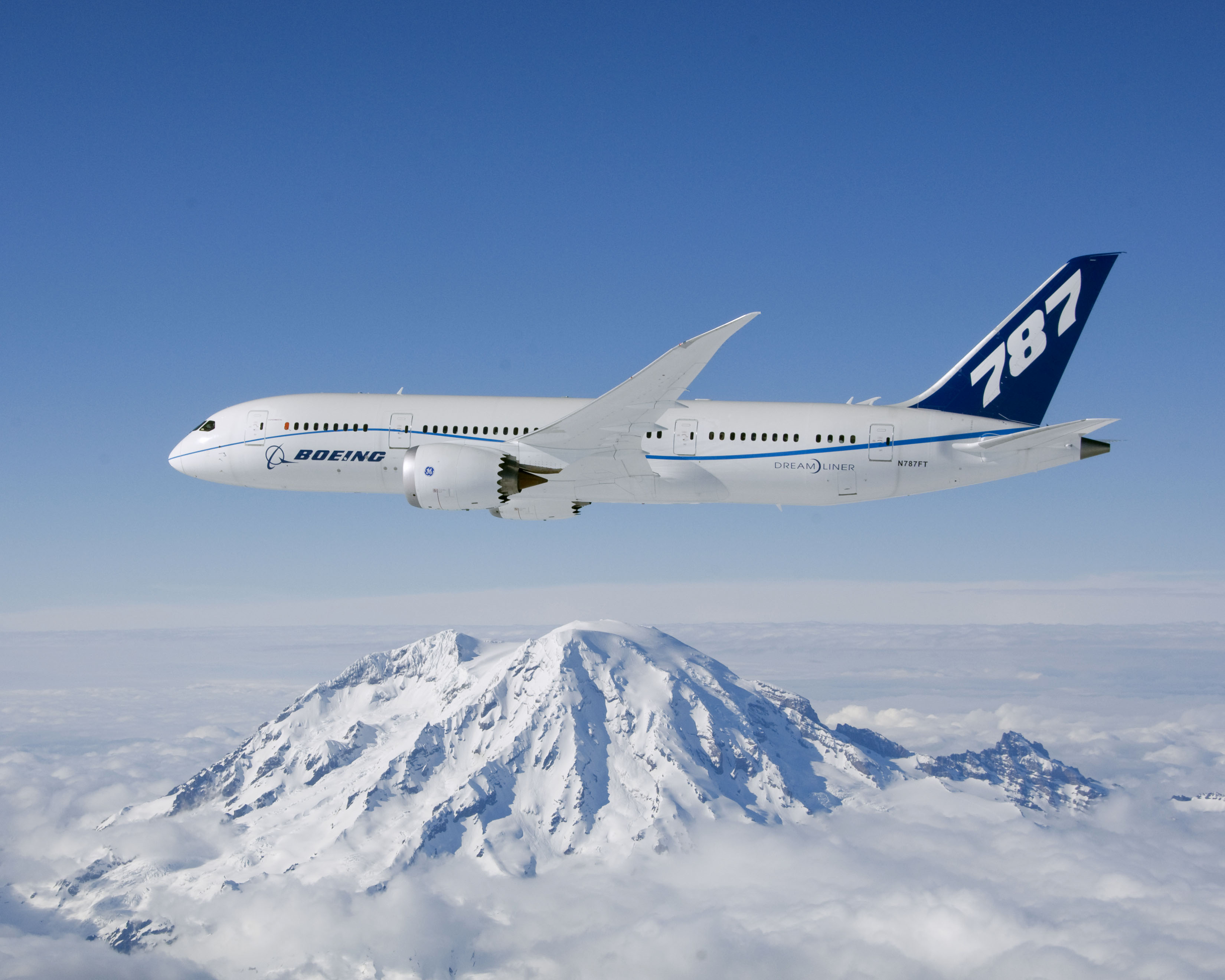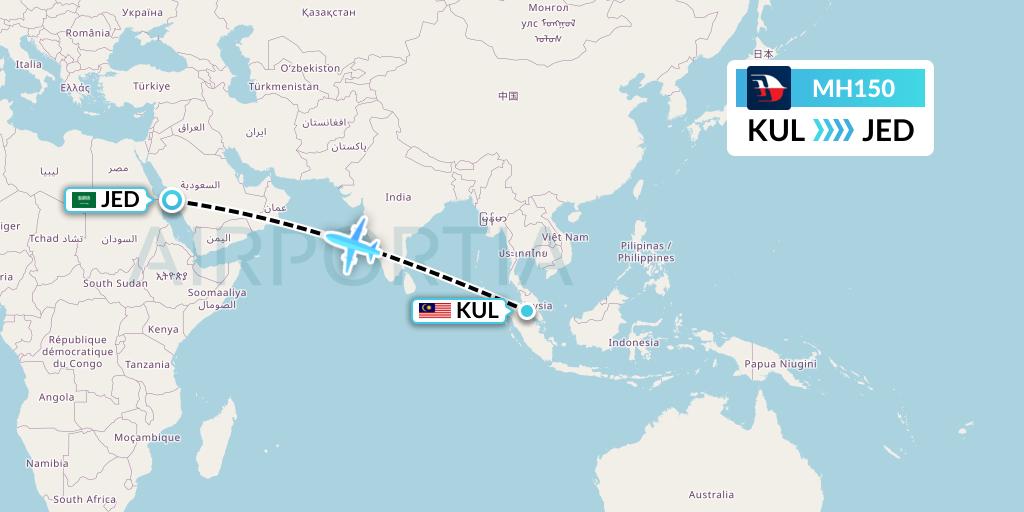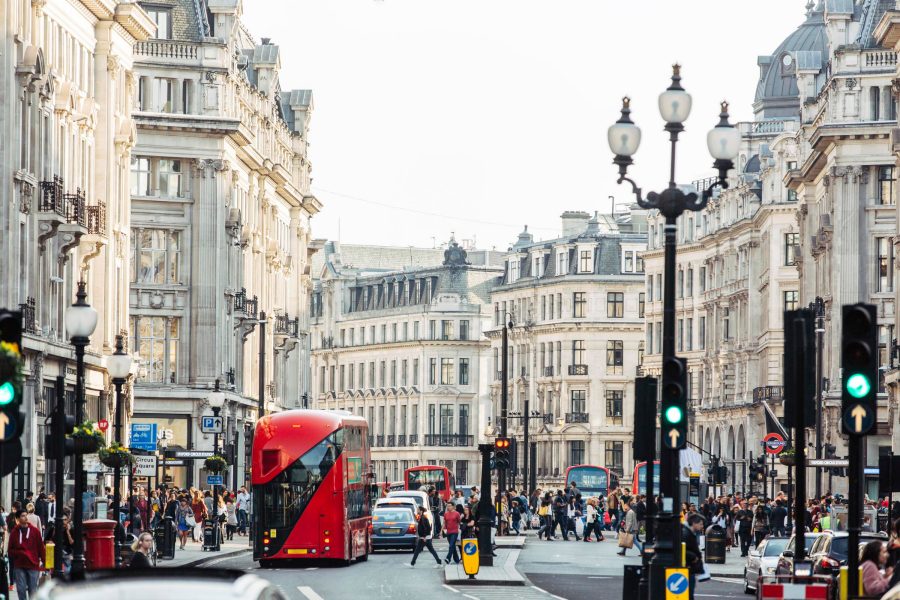Australia has introduced unprecedented “do not travel” advice for all overseas destinations and has urged nationals overseas to return home.
Australian Prime Minister Scott Morrison revealed the blunt advice to Australians Wednesday as he outlined other measures aimed at restricting the spread of the COVID-19 virus.
“Do not go overseas – that is very clear instruction,” Morrison said.
“For those of you thinking about going overseas for the school holidays, don’t. Don’t go overseas.”
READ: Virgin Australia suspends international flying, halves domestic capacity
The warning comes as more countries consider closing their borders or widening travel restrictions.
Countries such as Canada are now in near-total lockdown and the European Union is banning most travelers for at least 30 days as it struggles to stop the spread of COVID-19.
The European ban covers 26 countries and more than 400 million people with exceptions for European Citizens and residents coming home.
It does not apply to the UK, which has also advised citizens against non-essential overseas travel for 30 days.
Europe has become the epicenter of the disease as the number of cases worldwide is approaching 200,000 with almost 8,000 deaths.
European Commission president Ursula von der Leyen said the ban could be extended if necessary.
“Here in Europe we are heavily affected by the virus and we know that everything that reduces social interaction also reduces the spread of the virus,” she said.
“Therefore the less travel the more we can contain the virus.”
In Australia, the Department of Foreign Affairs and Trade increased its travel advisory to its highest level, level 4, telling Australians: “Do not travel overseas at this time”.
Level 4 advice, which has previously been applied to specific regions or countries, means travelers’ health and safety are at extreme risk.
People who choose to travel are advised to get professional advice and warned their travel insurance might be void as most standard policies do not cover “do not travel” destinations.
The Australian government may also not be able to help them.
“If you are already overseas and wish to return to Australia, we recommend you do so as soon as possible by commercial means,” DFAT says on its smartraveller.gov.au page.
“Regardless of your destination, age or health, our advice is do not travel at this time.
“As more countries close their borders or introduce travel restrictions, overseas travel is becoming more complex and difficult. You may not be able to return to Australia when you had planned to.“
DFAT urged Australians to consider whether you have access to health care and support systems if they get sick while overseas.
It warned commercial air travel may be less available as more airlines ground flights.
Qantas on Tuesday said it was cutting international capacity by 90 percent and Virgin Australia today said it was suspending all international flying by the end of the month.
Singapore Airlines has since announced it is reducing capacity by 50 percent inn April and United Airlines has said it is reducing its international flying by 85 percent.
Both decisions will affect flights into Australia, with Singapore reducing flights to major cities and suspending services to others.
“If you’re overseas and can’t or don’t want to return to Australia, follow the advice of local authorities,’’ it said.
“Take care to minimise your risk of exposure to coronavirus including by self-isolating.
“If you choose to stay, note our ability to provide consular assistance in some places may be limited due to restrictions on movement and other services.”
All travelers returning to Australia are required to self-isolate for 14 days.
























